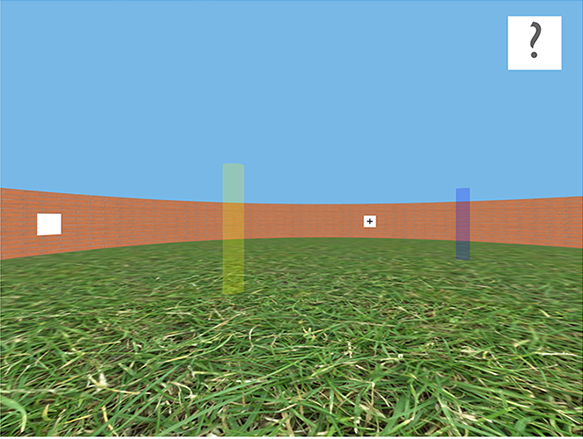Researchers including Dr Oliver Baumann from The University of Queensland (UQ) have uncovered important flaws in previous research around the brain that may lead to better treatments for people with cognitive impairments.
Dr Baumann from UQ’s Queensland Brain Institute and colleagues conducted a virtual-reality navigation experiment to re-examine the question of whether 'place cells' in the hippocampus - part of the brain critical for memory formation and storage - can be detected using functional magnetic resonance imaging (fMRI).

“Our aim was to see if the fMRI could really detect the hippocampal cells, which are often referred to as the brain’s place cells, because they act as a kind of internal positioning system,” Dr Baumann said.
“Hippocampal cells help us know where we are within our environment and find our way back there again.
“Our results found conclusively that the cells cannot be detected via fMRI, disproving a series of previous studies which had suggested they could.”
Dr Baumann said flaws in the earlier research included an incorrect statistical model and the use of experiments which did not adequately remove subjects’ ability to simply rely upon visual landmarks.
Finding the elusive place cells in the brain
“These latest results are profound in two key ways. First, they suggest a need to revisit past research on the nature of hippocampal neural signals that can be detected using fMRI,” he said. “In addition, research methods using direct electrical recording of brain signals, while more difficult and invasive, may be the most accurate way to progress this research.
“Second, these results prompt a warning around the proper use of machine-learning techniques in neuroimaging research, which has significantly increased over the past decade.
“While machine learning offers key benefits, most notably sensitivity, these results highlight that it is only an effective research tool when applied correctly.”
Dr Baumann stressed the importance of using gold-standard research methods when investigating hippocampal cells, which hold important information of our cognitive function, as these cells have proved elusive subjects despite more than 40 years of scientific research.
“Hippocampal cells are the foundation of how we perceive space and underpin many of our cognitive functions," he said.
“Deepening our understanding of their function may help us develop more targeted treatments for diseases that cause cognitive impairments, such as Alzheimers’ disease.”
The paper was published in international scientific journal eNeuro and supported by the National Health and Medical Research Council of Australia.



